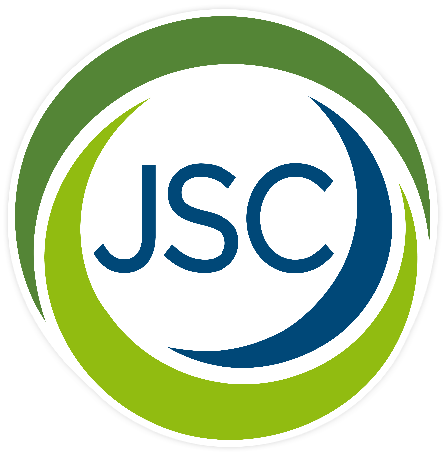As you aproach your final year of residency or fellowship training, it’s common to feel overwhelmed and uncertain about the future. While there isn’t one secret formula to help you secure the perfect placement, a little self-evaluation, foresight, and planning can go a long way. In order to jump-start a productive job search, consider the following:
Identify your criteria.
Before you begin to look externally for job opportunities, do a little soul searching. Look internally to truly determine what you want from a position and a career, and what kind of professional environment will fuel your success. Make a list of ideal-job criteria. Consider locations in which you’d like to work and live, your ideal work environment, and any preference of particular surgical equipment or sub-specialty support services. Do you want to do a fellowship? Do you want to go solo, join a group practice, or become a partner? Would you rather be an academician or go into a private practice? These are all questions that must be answered. It’s equally as important to contemplate personal criteria. For example, accommodating your spouse’s and family’s needs can be a major deciding factor. Keep in mind: the longer your preferences list, the earlier you should start the search process to increase the chances at least some of your criteria will be met. It is also important to know which of your preferences are negotiable; are you willing to compromise on compensation in order to live near family, etc.?
Be prepared.
Most sources recommend that physicians in training start their search process at least a year in advance. According to careermedicine.com, “by the beginning of the final year, you should have had it all thought out—what field you are going to pursue, where, what you should add to your skills to make yourself marketable.” In other words, do your research. Begin looking at opportunities in which you’re interested a few months before you start setting interviews. Refer to your criteria list and research the community, housing and living costs, and any other factors you deem important. Speaking with potential employers, local physicians in areas you’d like to practice, and even your program directors can be beneficial in determining practice options. The research you’ve conducted not only on potential practices, but also on the community in which they reside, will prove helpful when interview time comes.
Prioritize.
Focus only on jobs of real interest, because visits and interviews are very time-consuming. Adewuni Seyi Ojo, MD – who trained at Columbia University in New York – says, “My decision was to be practical and to avoid wasting anyone’s time, and it worked out well for me. My advice to other residents is to make a list of what’s most important to you before you look at any opportunity, and let that direct your actions. That way, you don’t end up ‘forcing’ yourself into an opportunity that isn’t a good fit.” Engaging with a healthcare recruiter or search consultant early in the process can help you collect data on the health care markets and geographic locations in which you’re interested, so that you can determine whether there’s truly a need for your services and where to avoid wasting time. Search consultants can also help you to leverage data about trends in your areas of expertise and demand in certain markets.
Manage your time strategically.
As you will likely be conducting your job search during the final, most demanding year of residency, setting a personal timeline is essential. Below is a sample timeline that might be helpful in creating your own.
Summer before your final year of residency:
- Identify personal and professional criteria
- Conduct research
- Write your CV and cover letter
- Secure an email address to use strictly for job searching and establishing a home office accommodating for paperwork
- Engage a recruitment firm or search consultant that offers career coaching and will work to place you
July – August
- Review potential job information
- Start engaging with recruiters/search consultants
- Settle on a handful of opportunities and locations to explore
September – November
- Schedule and go on site interviews. The more flexibility you can offer your potential future employer in terms of scheduling can go a long way
November – December
- Receive offer letter(s)
- Obtain preliminary contract, and have it legally reviewed and finalized
- Engage your recruiter/search consultant in your negotiating process
January – February
- Apply for state medical license and hospital privileges
- Complete employment and credentialing paperwork
March – May
- It may take 3-6 months before the start date to get through the licensing and credentialing process
Before you start your job
- Coordinate with your employer to arrange for a house hunting trip, and the details associated with moving
- Keep in contact with your employer regarding anticipated start date and verify that credentials are in order
It’s important to remember that each resident’s case is unique, and it’s best to create a longer timeline if you have a long list of specific or unique criteria that must be met.
At Jordan Search Consultants, we understand how busy you are and how difficult it is to start your physician job search early during your residency. That’s why we’re here to help. We hope you find our suggestions for your job search helpful, and would be happy to answer any questions you might have. Contact Kathy at [email protected] if you are interested in talking more.



